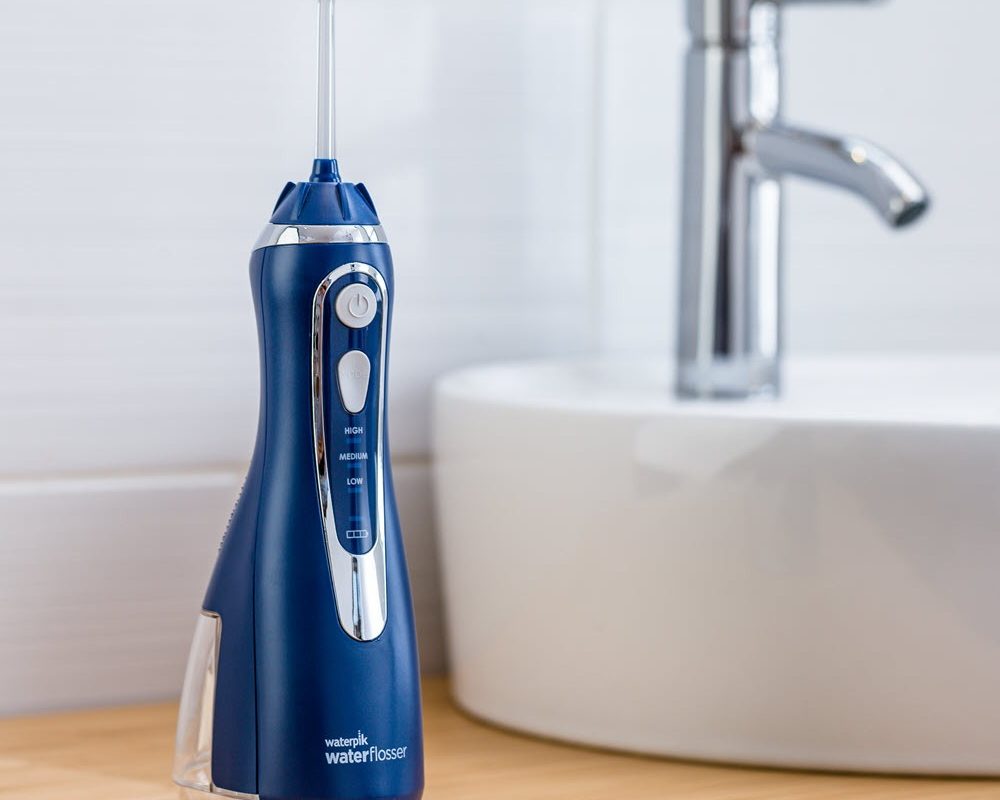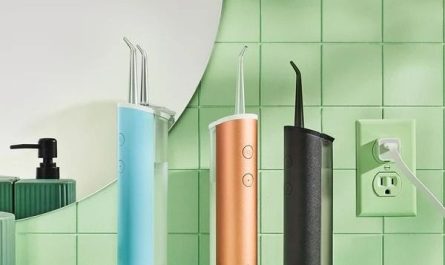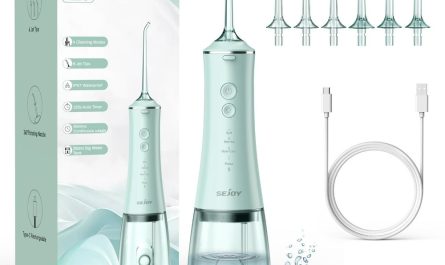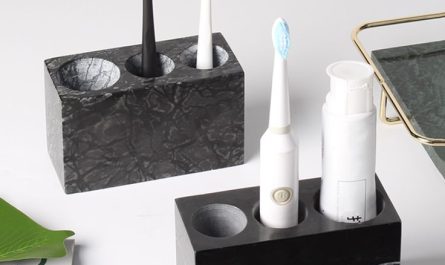What Are Tonsil Stones?
Tonsil stones, or tonsilloliths, are small deposits that form in the crevices of your tonsils. They consist mainly of calcium, but can contain other minerals. Bacteria and debris like mucus and dead cells get trapped in the tonsil crypts. Over time, this accumulates and hardens, leading to the formation of these stones.
Tonsil stones can differ in size. Some are as tiny as a grain of rice, while others can grow much larger. They often cause discomfort, bad breath, sore throats, and sometimes difficulty swallowing. People with larger tonsils or more crevices are usually more prone to developing tonsil stones.
Not everyone can sense their presence, as smaller stones might not cause noticeable symptoms. However, larger tonsil stones can be felt as a foreign object lodged in the back of the throat. Individuals may sometimes cough them up.
Understanding what tonsil stones are is crucial in knowing how to manage or prevent them. While they are not typically harmful, they can be a nuisance and lead to more uncomfortable symptoms if left untreated. That’s where a water flosser for tonsil stones can come in handy, offering an effective way to clean these hard-to-reach areas.
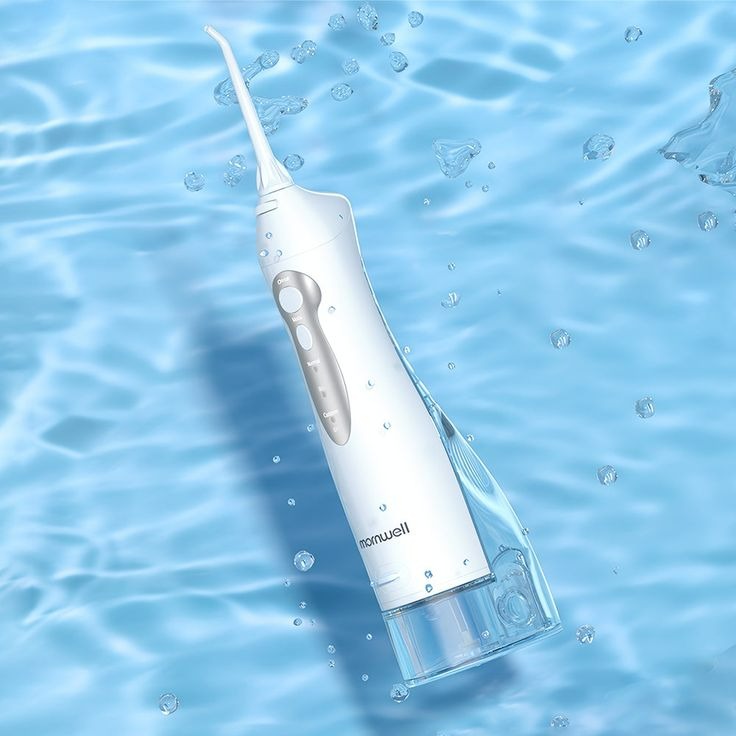
Benefits of Using Water Flossers for Tonsil Stones
Using a water flosser for tonsil stones can offer several benefits. Firstly, it provides a non-invasive solution to remove these irritants effectively. The water jet produced by the flosser dislodges tonsil stones with ease. This ensures a gentle approach compared to manual methods, which can be uncomfortable.
Another advantage is the improved oral hygiene that comes with regular use. Water flossers can reach areas that are hard to clean with traditional brushing. They help reduce the build-up of bacteria and debris that lead to stone formation. As a result, they can lower the risk of future stones.
Moreover, the use of a water flosser can significantly lessen bad breath caused by tonsil stones. Bad breath is a common complaint among people with this issue. Since water flossers eliminate the source, they can freshen breath more effectively than mints or mouthwash alone.
Additionally, water flossers promote healthier gums and can help prevent gum disease. Their ability to clean hard-to-reach spots reduces the potential for plaque and bacteria accumulation.
Lastly, for individuals who struggle with gag reflexes, a water flosser offers a comfortable and manageable alternative. The targeted stream allows people to avoid touching the sensitive throat area. This can make the cleaning process much simpler and less distressing.
How to Choose the Right Water Flosser
Choosing the right water flosser for tonsil stones is vital for effective removal. Consider these factors:
- Pressure Settings: Look for a flosser with adjustable pressure settings. This allows you to start with a gentle flow and increase intensity as needed. Sensitive areas, like tonsils, may require careful handling.
- Tip Varieties: A good water flosser should have various tips. For tonsil stones, a tip that can reach deep into the crevices of the tonsils is crucial. A narrow, targeted tip works best.
- Ease of Use: The water flosser must be easy to handle. A hassle-free product encourages regular use, essential for keeping tonsil stones at bay.
- Portability: If you travel often, a portable water flosser is a smart choice. Compact designs are convenient for maintaining your oral care routine away from home.
- Tank Capacity: A larger tank means longer flossing sessions without refilling. This is especially useful when dislodging stubborn tonsil stones.
- Battery Life: Cordless water flossers need reliable battery life. Check for flossers with a battery that lasts long enough to complete your oral hygiene routine.
- Build Quality: Invest in a water flosser with a strong build. A durable device withstands regular use and lasts longer, saving money over time.
When you keep these factors in mind, finding the right water flosser for tonsil stones becomes less daunting. Always read product reviews and consider recommendations from dental health professionals.

Best Water Flossers for Tonsil Stones on the Market
Finding the best water flosser for tonsil stones is key to effective removal. Several models stand out due to their features and user feedback. Here are some top picks currently on the market:
- High-Pressure Adjustable Flosser: This type of flosser lets you tailor the water pressure to your comfort. It’s great for dislodging stubborn tonsil stones gently.
- Compact Travel Flosser: Perfect for those on the go, these portable flossers make it easy to maintain oral hygiene anywhere.
- Cordless Water Flosser: These offer the convenience of no cords and are ideal for use in showers or without nearby outlets.
- Multi-Tip Flosser: A flosser that comes with various tips is beneficial. You can choose the best tip to target the tonsil areas effectively.
- Tank Capacity Flosser: Larger tanks provide more flossing time. This means less frequent refills and more focus on the task at hand.
Remember to look for water flossers with good battery life and durability. Read reviews and ask for recommendations from dental professionals before making your choice. Always select a product that meets your specific needs and consider how often you will use it when deciding on which model to purchase.
Step-by-Step Guide to Using a Water Flosser for Tonsil Stones
Proper use of a water flosser is key in dislodging tonsil stones effectively. Here is a simple guide to help you use a water flosser for this purpose:
- Fill the Tank: Start by filling the flosser’s tank with lukewarm water. This is gentler on your tonsils.
- Choose the Right Tip: Attach a narrow, targeted tip designed for tonsil stones. Ensure it’s securely in place.
- Adjust the Pressure: Begin with a low-pressure setting. You can increase it as needed, depending on your comfort level.
- Position Correctly: Lean over the sink and open your mouth wide. Aim the tip at the tonsil areas where stones are present.
- Turn On the Flosser: Activate the water flosser and move the stream slowly over your tonsils. Pay special attention to the crevices and hidden spots.
- Be Gentle: Avoid using harsh pressure. The water stream should dislodge the stones without causing discomfort.
- Continue for Several Minutes: Floss each tonsil area for about one to two minutes. This ensures you cover all potential stone locations.
- Rinse and Spit: After flossing, rinse your mouth with water. Spit out any dislodged stones and debris.
- Repeat If Necessary: If tonsil stones are still present, you may need to repeat the process. Always take breaks if your throat feels irritated.
- Clean the Flosser: Once finished, clean the water flosser tip and tank. This maintains hygiene for the next use.
Using a water flosser for tonsil stones is a simple process that can provide immediate relief. Remember to be patient and gentle to avoid irritation. If you encounter persistent or large stones that do not dislodge easily, consult your doctor.
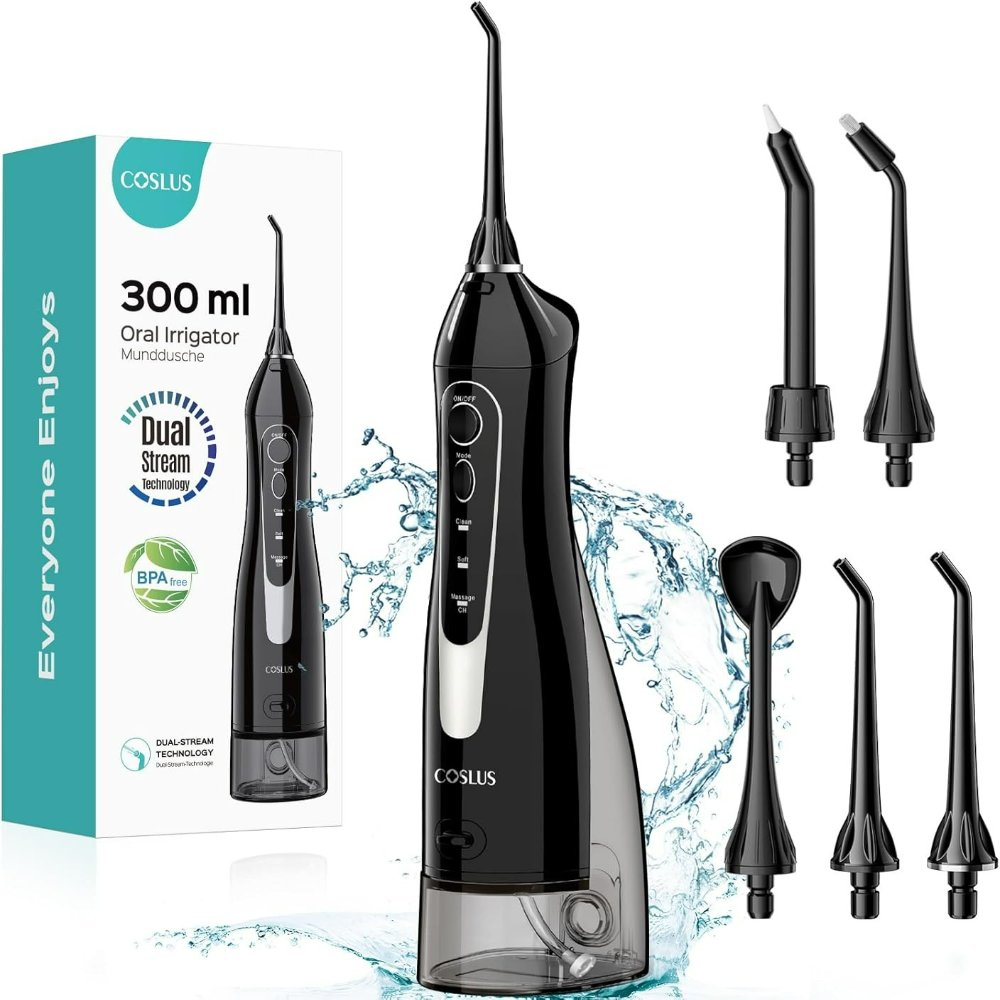
Tips to Prevent Tonsil Stones
Preventing tonsil stones is key to maintaining oral health and avoiding discomfort. Here are actionable tips to keep tonsil stones at bay:
- Good Oral Hygiene: Brush twice a day and floss daily. This keeps bacteria and debris from building up.
- Stay Hydrated: Drink plenty of water. It helps cleanse your mouth and throat, flushing away particles that could form stones.
- Gargle Saltwater: Regularly gargle with saltwater. It can help dislodge small debris and kill bacteria in the tonsil crypts.
- Quit Smoking: Smoking can contribute to tonsil stone formation. Quitting helps reduce the risk.
- Limit Dairy Intake: Dairy products can increase mucus production. Cutting back may help prevent stones.
- Use a Tongue Scraper: Clean your tongue regularly with a scraper. It removes bacteria that can contribute to stone formation.
- Healthy Diet: Eat a balanced diet rich in fruits and vegetables. These foods can naturally clean your teeth and gums.
- Regular Dental Checkups: Visit your dentist for cleanings and checkups. They can spot and address oral issues early on.
By following these tips, you can reduce the chances of developing tonsil stones. Consistency in your oral care routine is crucial. Combine these practices with regular use of a water flosser for tonsil stones to keep your mouth healthy.
When to See a Doctor for Tonsil Stones
While using a water flosser for tonsil stones can be effective, there are times when you should seek medical attention. Visit a doctor if you experience any of the following:
- Persistent Pain: If you have ongoing pain or discomfort in your throat that doesn’t improve, see a doctor.
- Difficulty Swallowing: Trouble swallowing might indicate larger or multiple tonsil stones.
- Frequent Tonsil Infections: Frequent infections might need more than home remedies.
- Visible Large Stones: Large stones that are visible and can’t be dislodged should be assessed by a professional.
- Bad Breath That Won’t Go Away: Chronic bad breath, despite good oral hygiene, requires a consultation.
- Ear Pain: Sometimes, tonsil stones can cause referred pain in the ear. A doctor can help.
- Bleeding Tonsils: If you see bleeding in the tonsil area, especially after trying to remove stones, get medical care.
A doctor can provide treatments such as antibiotics for infection or even surgical removal in severe cases. They might also recommend a specialist, such as an ENT (ear, nose, and throat doctor), for further evaluation and management. Do not hesitate to make an appointment if you are concerned about your symptoms. Taking action can prevent more serious issues and maintain your overall health.
Alternative Methods for Tonsil Stones Removal
In addition to using a water flosser for tonsil stones, there are other strategies to consider.
First, a gentle gargle can help loosen stones. Mix salt in warm water and gargle daily. This can ease stone removal.
Second, manual extraction is an option for visible stones. Use a cotton swab to apply gentle pressure. Ensure your hands and tools are clean to prevent infection.
Third, oral irrigators are useful. They work like water flossers but may have different features. Be sure to use them with care to avoid harm to your tonsils.
Fourth, a diet change can be effective. Reduce dairy intake and increase water and fresh fruits. This helps lower mucus and bacteria build-up.
Fifth, consider chewing sugar-free gum. This activity increases saliva production. More saliva can naturally cleanse the mouth and throat.
Sixth, tongue scraping removes bacteria from the tongue. This can reduce the material that forms stones.
Seventh, over-the-counter treatments are available. They can help manage symptoms like bad breath tied to stones.
Lastly, if stones are a frequent issue, professional medical treatments exist. For example, a doctor may suggest laser treatment or a tonsillectomy. These are more invasive methods and typically a last resort.
Keep in mind, each method varies in effectiveness. Combine them with good oral hygiene for the best results. If problems persist, consult a healthcare professional for guidance.

